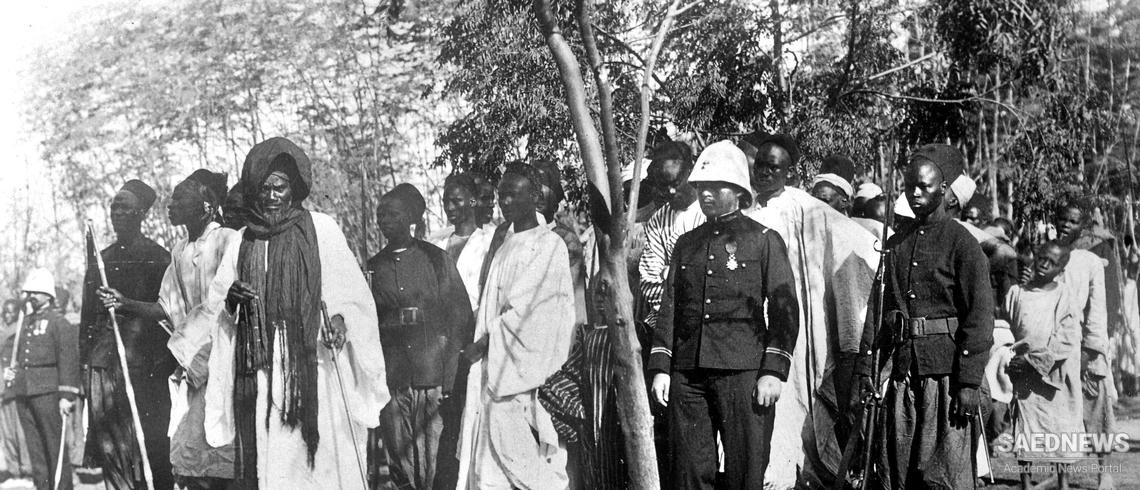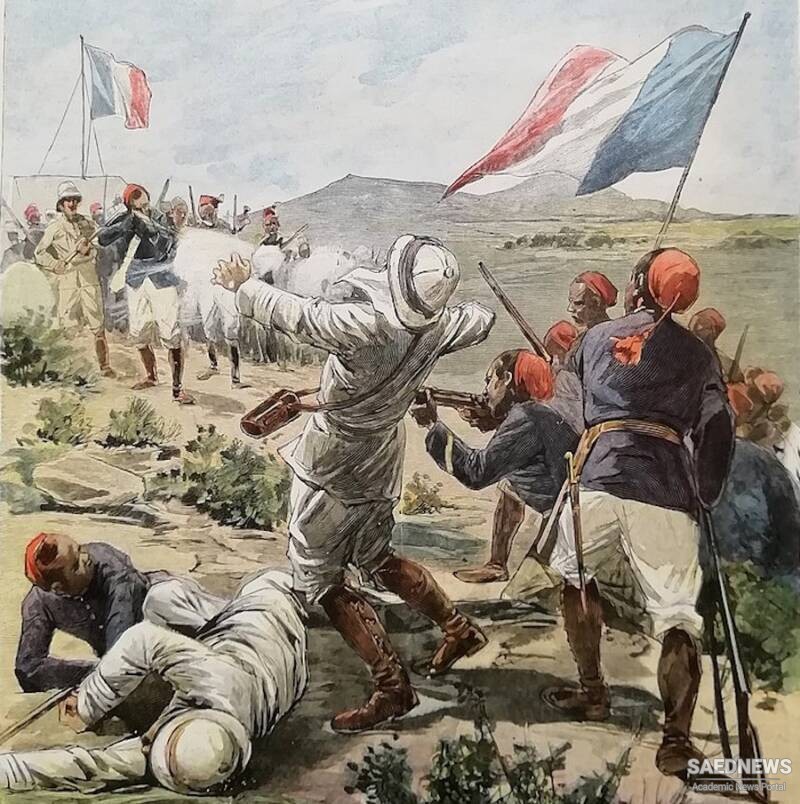Toure commanded an army of between 40,000 to 65,000 soldiers. He first imported weapons from the British colony Sierra Leone and later founded a gun factory with the help of soldiers who had left the British and French troops. He even captured gold mines near the Sierra Leone-Guinea border, becoming one of the richest kings in the region. As Toure's realm expanded in the region, he tried to reestablish the historic Mali Kingdom, which existed in Western Africa from 1235 to 1670 and whose rulers and royals were believed to be wealthy and generous. He became known as a devoted Muslim with impressive social ethics. He sent Quran teachers to almost all the villages of his region to spread Islamic understanding. He personally monitored many students of the Quran, testing their knowledge of the holy book, rewarding the most successful ones.The students who graduated from the Islamic school played a key role in spreading the word of Islam across the region. Therefore, in Guinea, the Ivory Coast, Mali, Sierra Leone and Liberia, Islam spread rapidly in the late 19th Century, when Toure ruled the region. In 1881, as French forces clashed with his soldiers, he gave a befitting reply to the invaders. The gallant efforts made by Toure's army to repel the French invasion helped him earn a nickname — the Napoleon of Africa. Two years later, however, he couldn’t prevent another French invasion in Bamako. Following the partition of Africa due to the Berlin Conference in 1884, French troops began encroaching on Mandinka. Despite his army initially defeating the French troops, it was pushed back into the West African interior. French troops often included Senegalese troops to build a strong attack against Toure's army. Toure's forces inflicted massive damage upon French troops in 1885 in Bure. But as France was decisive in its invasion of West Africa, Toure signed three deals with them. After signing the first agreement in 1886, he left Bure, and a year after he handed over the control of the west bank of Niger to France. Toure signed the last agreement with France in 1889 and left the area from Tisinko to the Niger River. However, in 1891, France attacked Toure again and he was obliged to leave most important parts of his country to France, including his capital (Source: TRT).



 Samory Toure: African Napoleon and Muslim Revolutionary Leader
Samory Toure: African Napoleon and Muslim Revolutionary Leader














































